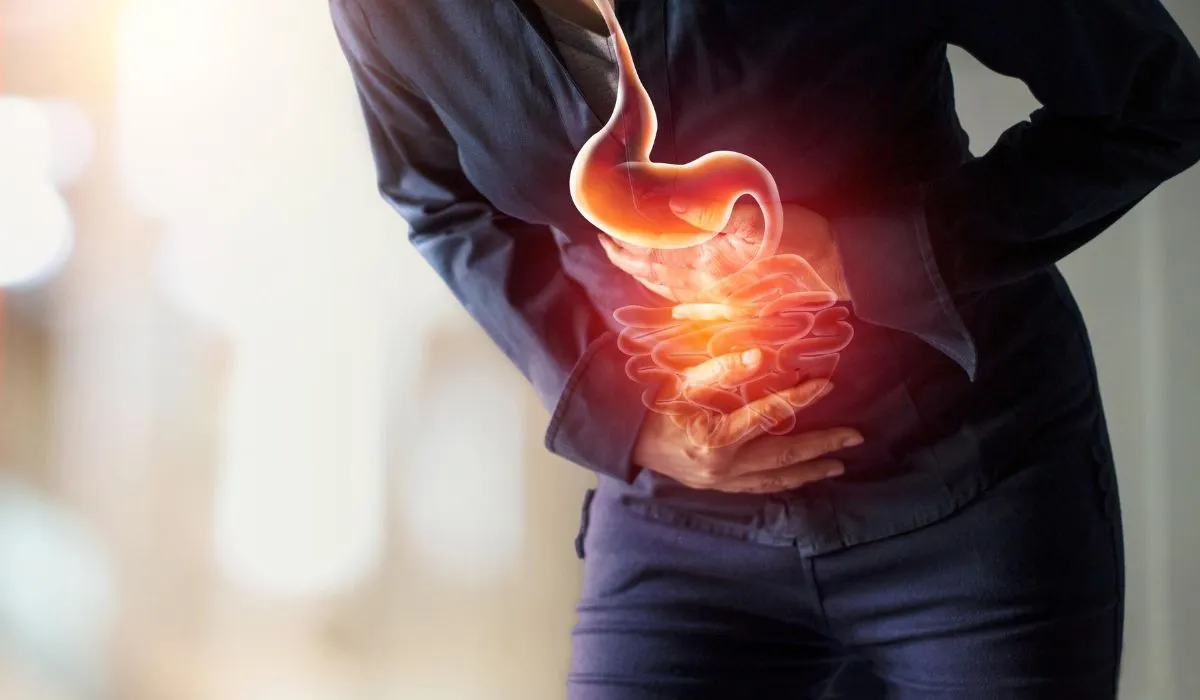
Introduction
Diarrhea is a frequent need to move your bowels, which is usually watery and loose. It may last for a few days, and the situation mostly resolves itself without any treatment.
Diarrhea could be acute or chronic. While acute Diarrhea does not last for more than two days, chronic Diarrhea may persist for at least four weeks. You may suffer from chronic Diarrhea due to a viral infection or food poisoning.
Request an Appointment at Smiles
What are the Causes of Diarrhea?
- ● Allergy to certain food items
- ● Intolerance to food components like lactose
- ● Viral or bacterial infections
- ● Parasitic infections
- ● Side effects of a medicine
- ● Surgery of the gallbladder
- ● Rotavirus (common in children)
Chronic Diarrhea could be a sign of something more serious like an inflammatory bowel disease or a functional bowel disorder.
What are the Symptoms of Diarrhea?
- ● Nausea
- ● Abdominal pain
- ● Cramps
- ● Bloating
- ● Dehydration
- ● Fever
- ● Stools with a bloody discharge
- ● An unusual need to pass stool
- ● An abnormal volume of stool
Dehydration is one of the major effects of Diarrhea. Dehydration occurs when the body loses more fluid than it takes in, thus affecting normal functioning. When diarrhea is not treated immediately, you may experience fatigue, an increased heart rate, headache, decreased urination, and a dry mouth. You should seek medical help immediately if this is the case.
Diarrhea is a common condition in young people, especially babies. It can lead to severe dehydration and weakness in infants in just a day. Parents are advised to seek emergency medical care if they notice one or more of the following symptoms in their child:
- ● Decreased urination
- ● A dry mouth
- ● Headache
- ● Fatigue
- ● Tear deprivation while crying
- ● Dry skin
- ● Sunken eyes
- ● Sunken fontanel
- ● Sleepiness
- ● Irritability
The following are red flags that indicate seeking immediate medical treatment in infants:
- ● Continuous diarrhea for more than 24 hours.
- ● A fever of 102°F (39°C) or higher.
- ● Passing of black and tarry stools that contain traces of blood and/or pus.
How is Diarrhea Diagnosed?
- ● A fasting test: To determine if you are food intolerant or allergic.
- ● An imaging test: To check for inflammation and structural abnormalities of the intestine.
- ● A stool culture: To determine the presence of bacteria, parasites, or signs of disease.
- ● A colonoscopy: To check the entire colon for signs of intestinal disease in cases of severe chronic Diarrhea.
- ● A sigmoidoscopy: To check the rectum and lower colon for signs of intestinal disease in cases of severe chronic Diarrhea.
How is Diarrhea Treated?
In severe cases, fluids may be pumped into your body through intravenous therapy, a medical technique that pushes liquids directly into a patient’s veins. The intravenous route of administration is commonly used for rehydration or to provide nutrition to those who cannot consume food or water orally.
However, if the doctor diagnoses a bacterial infection as the cause of Diarrhea, you may have to complete a dose of prescription antibiotics.
A doctor decides the course of treatment based on the following conditions:
- ● The severity and frequency of Diarrhea and related conditions of the patient.
- ● The degree of dehydration.
- ● Current health conditions, age, and medical history.
- ● Your level of tolerance to different medical procedures.
- ● The expectation of recovery in a patient.
How is Diarrhea Prevented?
Also, avoid consuming leftovers and refrigerated food, instead serve meals immediately after they are prepared to prevent food poisoning.
Another common type of Diarrhea experienced by most people is known as traveller’s Diarrhea. Medical experts say you can prevent this by following these steps, especially while traveling to a developing nation:
- ● A doctor may prescribe an antibiotic before the travels, which can significantly reduce the risk of developing this sickness.
- ● Avoiding tap water, ice cubes, and fruits/vegetables washed with tap water.
- ● Drinking bottled water and eating cooked food also prevent food poisoning and Diarrhea.
Request an Appointment at Smiles
FAQ's
What is Traveller’s Diarrhea?
Can Frequent Diarrhea be a Sign of a Serious Disorder?
What Foods can I have when I am Suffering from Diarrhea?
What Foods should I Avoid if I am Suffering from Diarrhea?
- ● Dairy products
- ● Processed foods
- ● Spicy food
- ● Raw vegetables
- ● Onions
- ● Fried and greasy food
How to Prevent the Spread of Diarrhea?
Need Help?
For any Information about our Locations, Doctors or Treatments.
